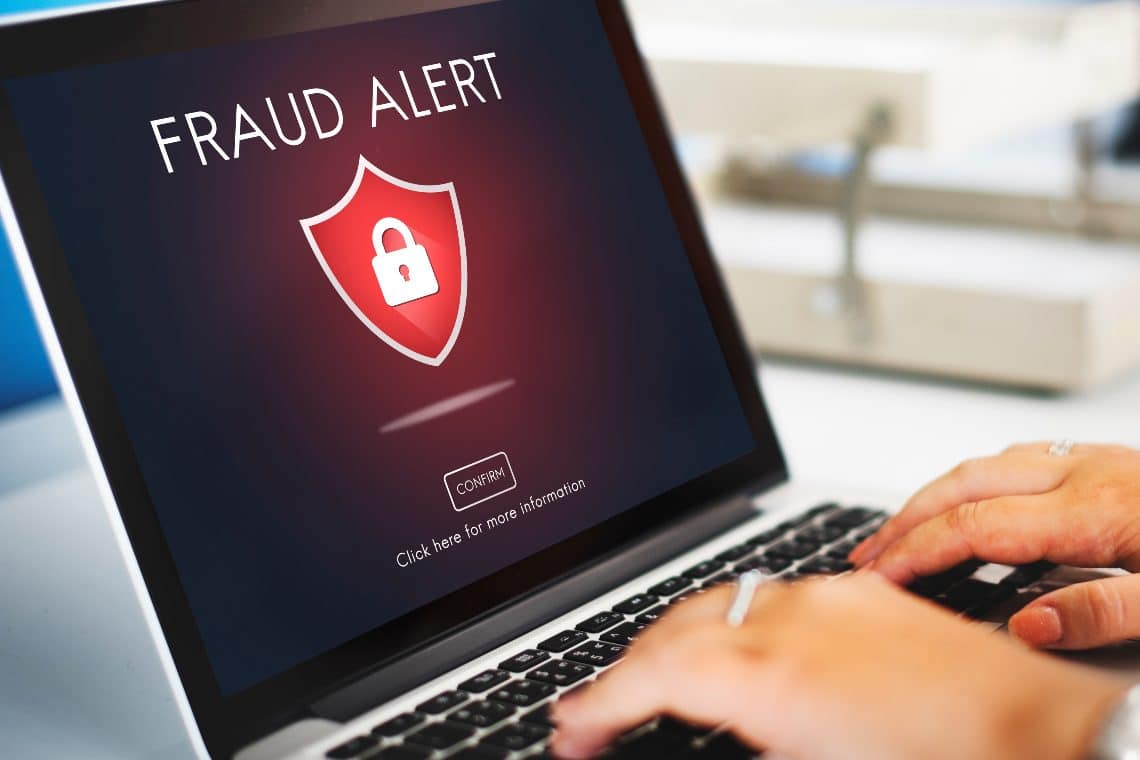The cryptocurrency world is very young and full of inexperienced people who fall for Bitcoin scams.
Sometimes trivial, sometimes elaborate, the result is that unfortunate victims lose their money.
Without claiming to be exhaustive, here are some useful tips to protect yourself from Bitcoin scams.
Recognizing Bitcoin Scams
Bitcoin.org has compiled a list of bitcoin-themed scams:
- Blackmail. Usually done via email, the sender asks the victim for bitcoin and threatens the victim with compromising material they have filmed via webcam. Sending bitcoin will not help.
- Fake exchanges. They often promise that you can buy BTC at a low price, but if a price is too low, it may raise suspicion. For this reason, it is always better to rely on recognized exchanges.
- Fake giveaways. Typical scam in which bitcoin (or other cryptocurrencies) are promised in exchange for a small amount of money. The sender will never receive anything back. The most famous one was done via Twitter and involved several celebrities who were hacked without their knowledge. The post published by the hackers advertised a giveaway that earned the fraudsters more than 100,000 dollars.
- Personification. This is also typical of social networks, especially Twitter and YouTube, where hackers hide behind celebrities or fake official channels of well-known projects, and usually offer fake giveaways.
- Malware. These are programs that install themselves on a device and are able to change the bitcoin address once copied during the transaction. As they are difficult to detect, it is always a good idea to use a good antivirus program.
- Face-to-face exchanges. This was also a very common scam especially in the early days, with people meeting physically to sell bitcoin for money. Often, however, the BTC were never transferred. Better to opt for peer-to-peer exchange platforms.
- Money Transfer. In this case, the hacker writes by email and asks for a small amount of money to help him out, then he will reward us. Be wary.
- Email phishing. The victim receives an e-mail from a trustworthy sender asking them to change their password or enter their data: in this way they steal them. It is often difficult to recognize the authenticity of the sender, so in case of doubt, it is a good idea to establish another type of contact.
- Phishing sites. These are fake sites that are often linked to the emails mentioned above. They can be the same as the original ones. Be careful.
- Ponzi schemes. Ponzi schemes are where you ask for an advance in exchange for a generous return. The generous compensation never comes. Stay away.
- Pyramid schemes. These are the mechanisms in which the “victims” earn money if they bring affiliates into the mechanism. This makes the scheme grow, but not necessarily in terms of quality. The most famous case of a pyramid scheme is OneCoin.
- Rewards. As in giveaways, fraudsters induce the victim to leave their personal information. – Dangerous.
- Pump and Dump. More common in small projects, in this case, people manage to control the price of a cryptocurrency, pump it up and then deflate it. Warning.
- Ransomware. These are programs that lock the device and then ask for a ransom in bitcoin. Be careful what you download.
- Scam currencies. They are often the new generation of coins, whose founders grow the community around them, pump up the price and then leave with the profits. To be studied and, if necessary, avoided.
But how to stay protected?
In this case, a useful guide has been developed by the Australian agency Canstar, which invites the users to ask themselves several questions before investing. Here are some of them:
- Who are you sending money to? Be especially wary of changes of destination.
- Why is someone asking for data and documents? If you are not sure of the identity of the person making the request, do not reveal anything.
- Does the interlocutor have a licence? Before investing in cryptocurrencies, you should always check that the platform you choose complies with the regulations in force in a given country.
- Is it too good to be true? Then it’s not true.
- Do you understand the product you are investing in? Before investing in a project you should always study it, starting with a thorough reading of the whitepaper.
- Can you afford to lose the money you are investing? This is not so much a question as a law. Never invest more than you are prepared to lose.
Conclusions
Unfortunately, scams have put bitcoin in a bad light, so much so that regulators feel they must intervene to protect consumers.
However, bitcoin is more than just scams, and time will prove that.



